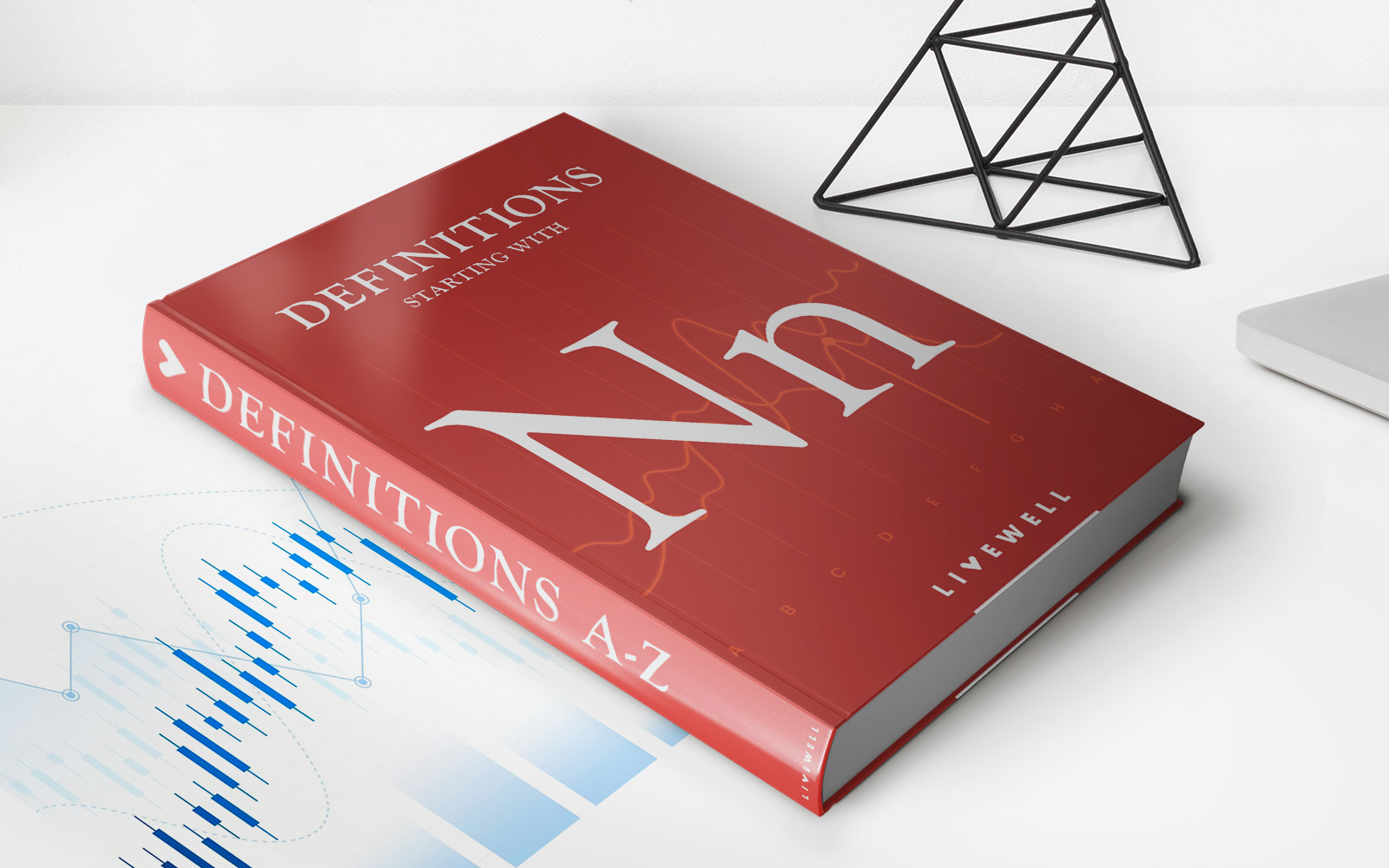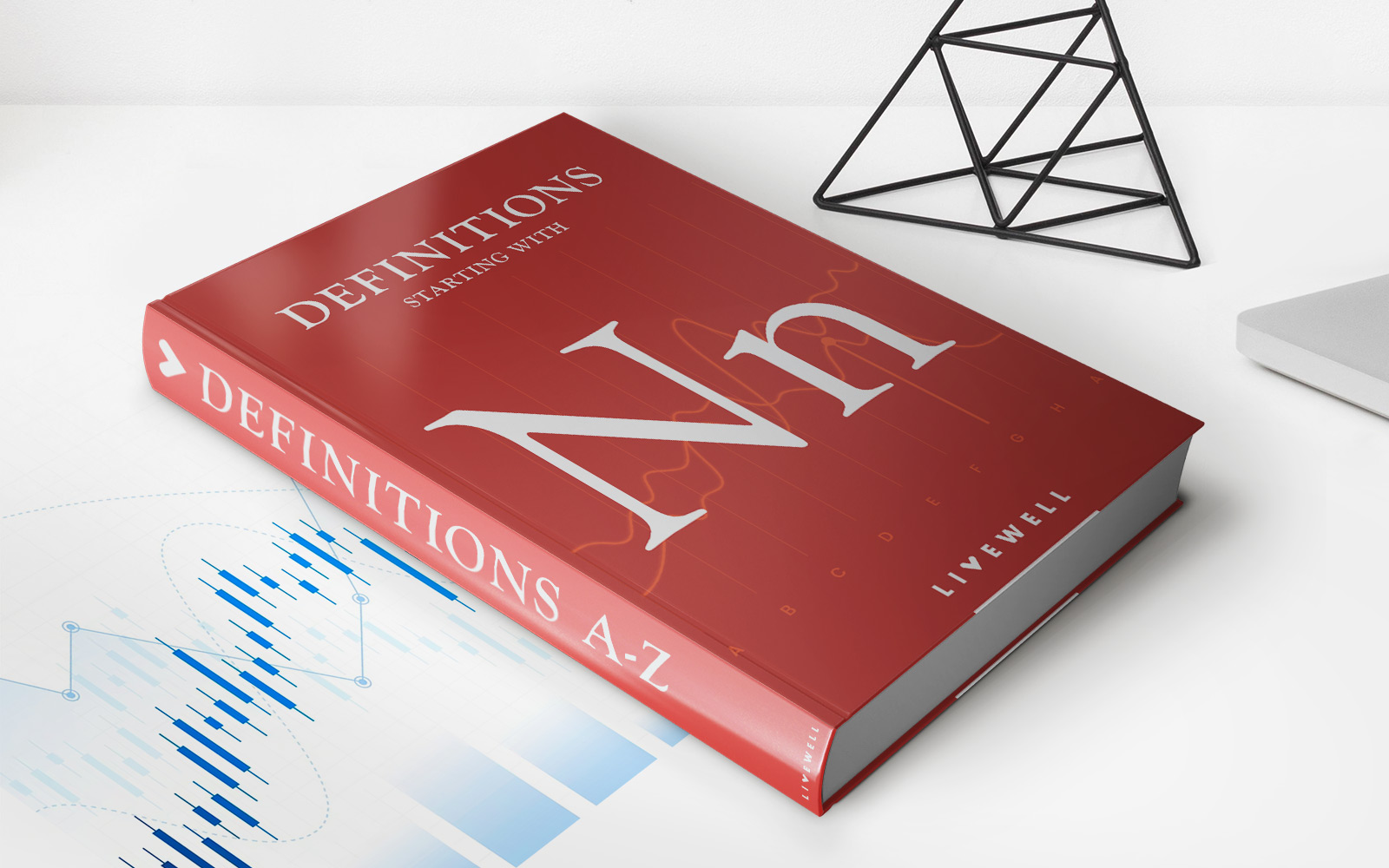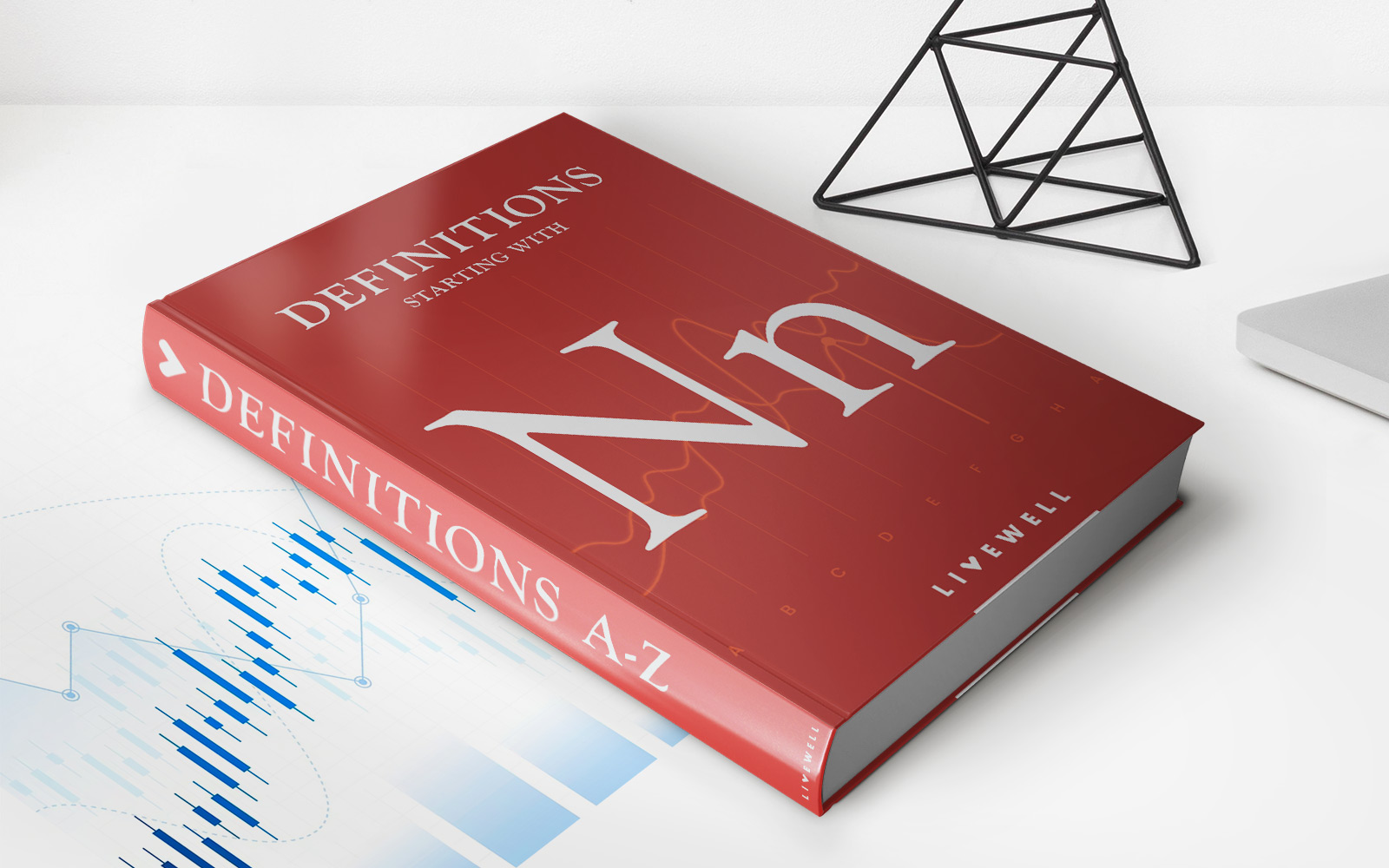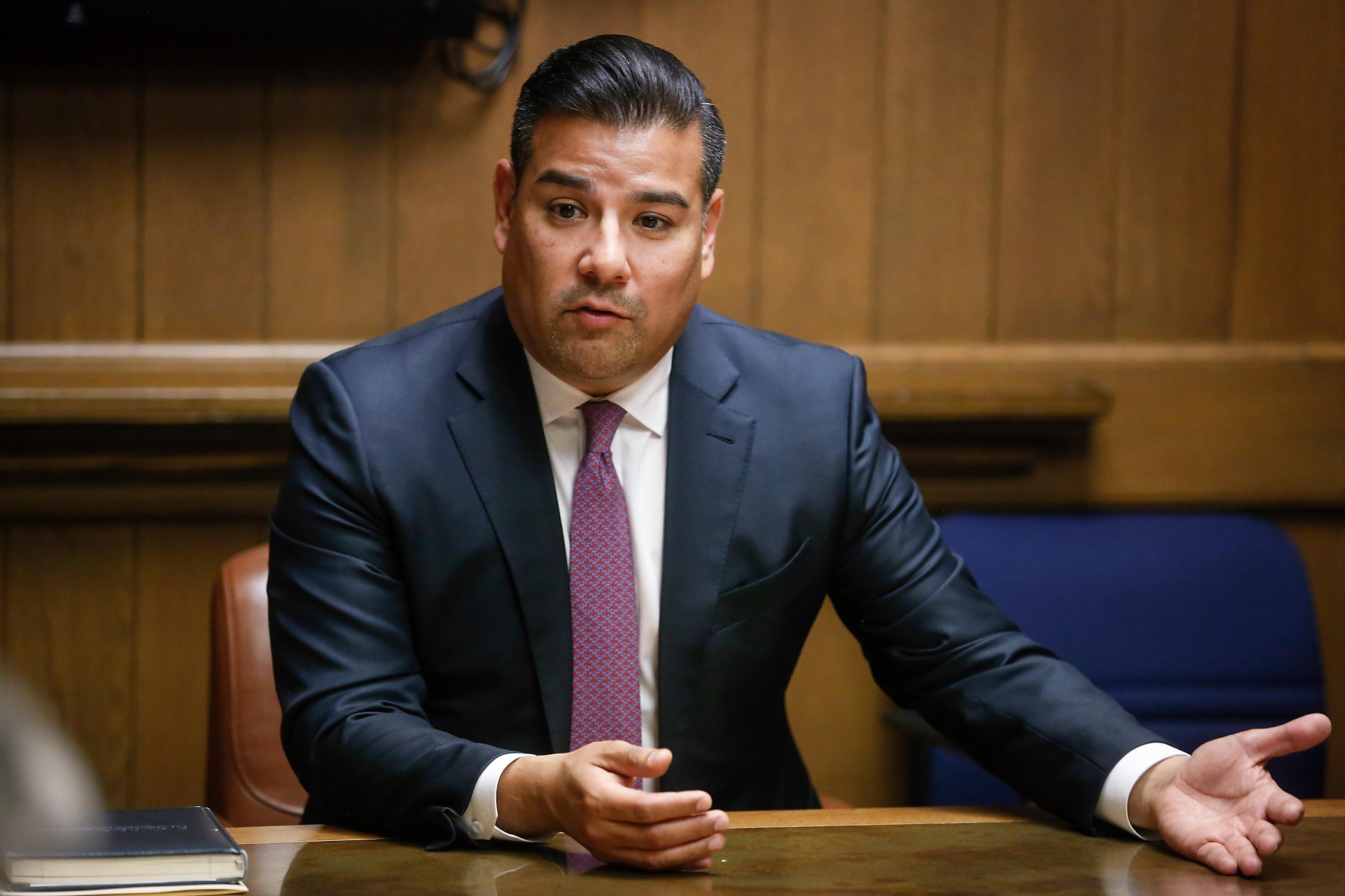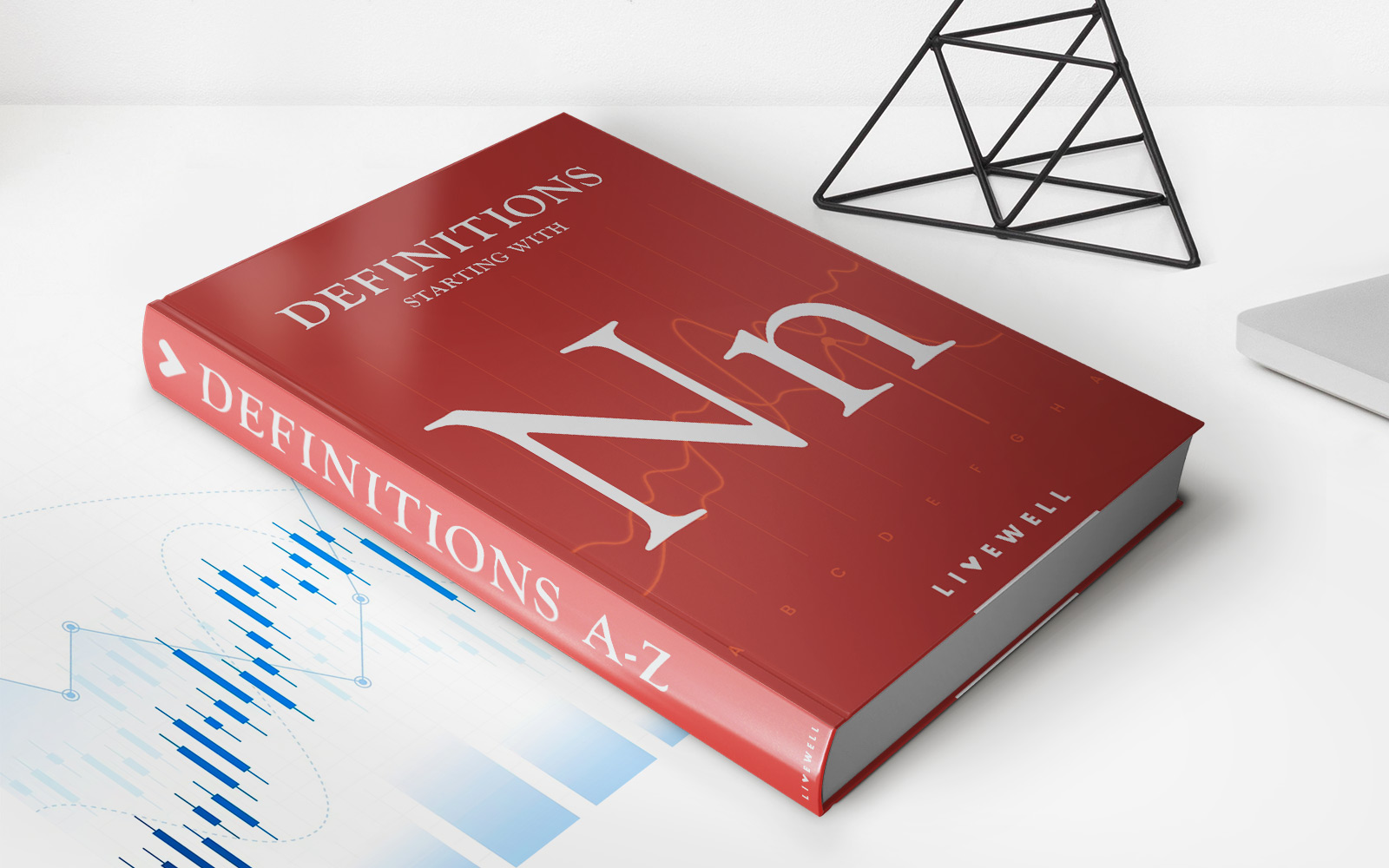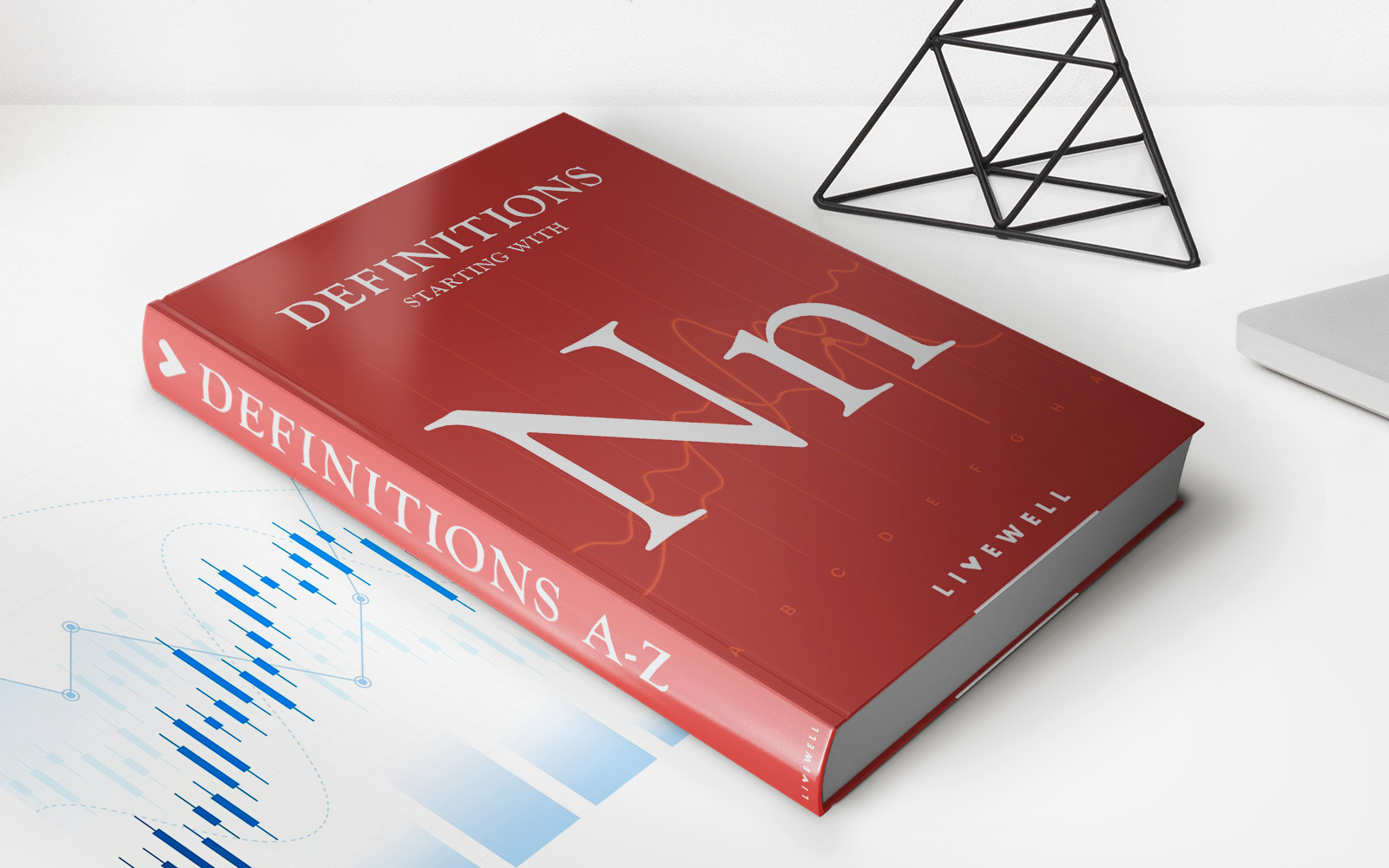Home>Finance>National Association Of Insurance Commissioners (NAIC) Defined
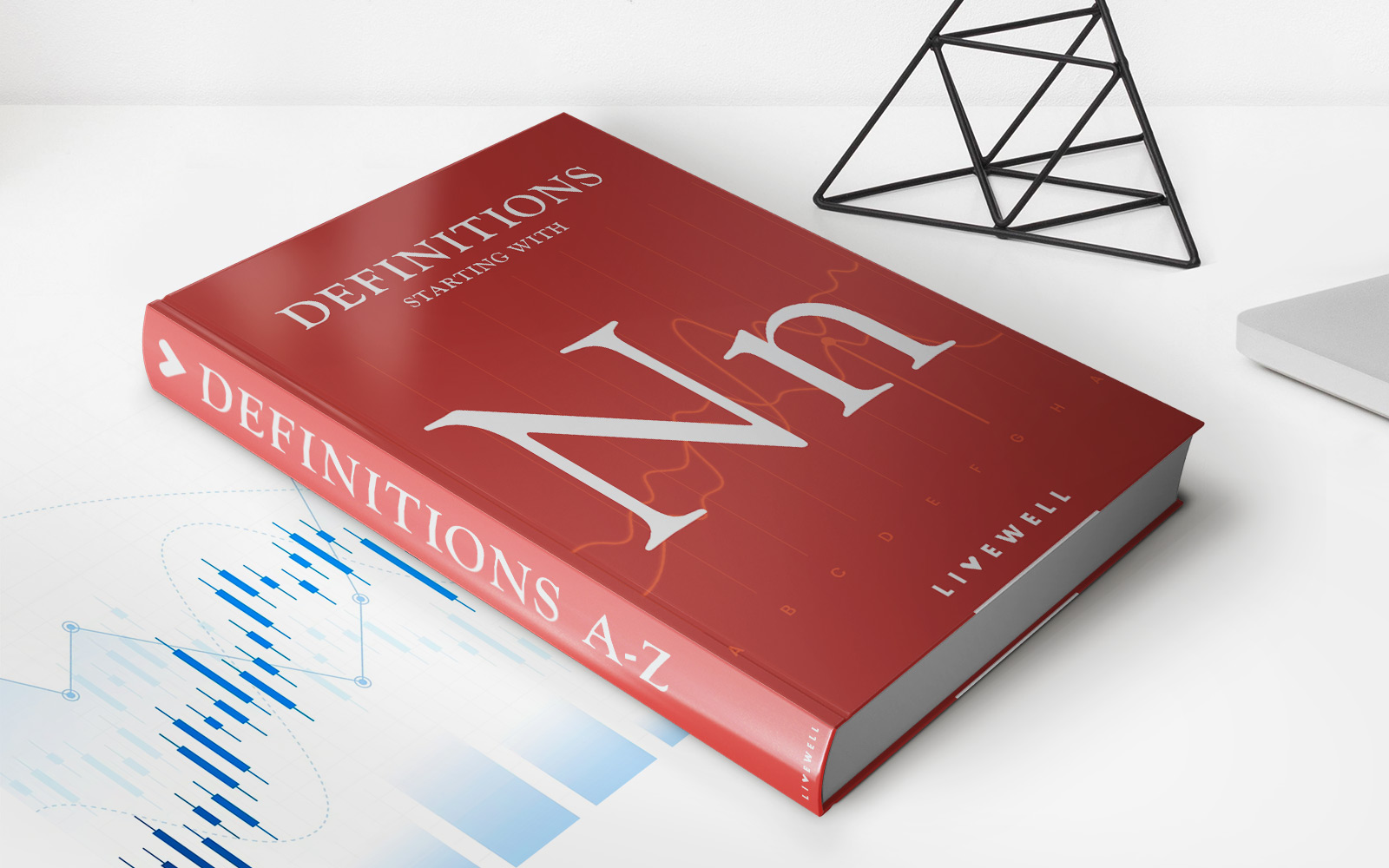

Finance
National Association Of Insurance Commissioners (NAIC) Defined
Published: December 28, 2023
Learn about the National Association of Insurance Commissioners (NAIC) and how they define finance. Gain insights into the regulations and standards set by NAIC in the finance industry.
(Many of the links in this article redirect to a specific reviewed product. Your purchase of these products through affiliate links helps to generate commission for LiveWell, at no extra cost. Learn more)
The National Association of Insurance Commissioners (NAIC) Defined: A Guide to Understanding Insurance Regulation
When it comes to the world of insurance, there are many complex regulations that govern how companies operate and protect policyholders. One organization at the forefront of insurance regulation is the National Association of Insurance Commissioners (NAIC). In this blog post, we will explore the role of the NAIC, its significance in the insurance industry, and how it works to ensure consumer protection and maintain market stability. So, let’s dive into the world of insurance regulation and gain a comprehensive understanding of the NAIC.
Key Takeaways:
- The NAIC is a regulatory organization made up of state insurance commissioners.
- It develops and maintains standards and guidelines for insurance regulation across the United States.
What is the NAIC?
The National Association of Insurance Commissioners (NAIC) is a voluntary organization comprised of insurance commissioners from all 50 states, the District of Columbia, and five U.S. territories. Established in 1871, the NAIC serves as a platform for state insurance regulators to collaborate, share best practices, and promote uniformity in insurance regulation. Its primary goals are to protect policyholders, maintain market stability, and ensure fair and competitive insurance practices.
Through its efforts, the NAIC aims to create a level playing field for insurers and policyholders, ensuring a transparent and reliable insurance marketplace. It accomplishes this by developing and implementing regulatory models, providing training and education to insurance professionals, and conducting research and analysis to support evidence-based decision making.
How Does the NAIC Work?
The NAIC works through various committees and task forces, each dedicated to a specific area of insurance regulation. These committees analyze emerging issues, propose regulatory changes, and facilitate discussions among state regulators. The organization also collaborates with federal agencies, Congress, and other stakeholders to shape insurance policies at the national level.
One of the most significant contributions of the NAIC is the creation and adoption of uniform regulatory frameworks known as Model Laws and Regulations. These model laws serve as a foundation for state insurance departments to establish consistent standards for insurance companies’ licensure, financial solvency, market conduct, and consumer protection. Many states integrate these model laws into their own regulations, ensuring a harmonized approach to insurance regulation across the country.
The NAIC also administers the Insurance Data Security Model Law, which addresses cybersecurity in the insurance sector. This model law provides guidelines for insurance companies to safeguard sensitive customer information and protect against data breaches and cyber threats.
Benefits of NAIC Membership
State insurance commissioners benefit from their membership in the NAIC in several ways:
- Knowledge Exchange: Through the NAIC, commissioners can exchange information and ideas with their peers to address common challenges and enhance their regulatory skills.
- Uniformity and Efficiency: The adoption of NAIC’s model laws and regulations promotes consistency among state jurisdictions, reducing regulatory fragmentation and inefficiencies.
- Advocacy: The NAIC represents the collective voice of state regulators and advocates for their interests at the national level, shaping insurance policies and protecting consumers.
Ultimately, the NAIC plays a crucial role in maintaining the integrity and stability of the insurance industry. By promoting uniformity, consumer protection, and transparency, it ensures that policyholders receive the financial security they deserve, while insurance companies operate under fair and consistent regulations.
In conclusion, the National Association of Insurance Commissioners (NAIC) is an essential regulatory organization working to safeguard the insurance industry and protect the interests of policyholders. Its collaborative approach, model laws, and advocacy efforts contribute to a fair and competitive marketplace. As consumers, understanding the NAIC’s role can help us make informed decisions when purchasing insurance, ensuring a secure and reliable future for ourselves and our loved ones.
